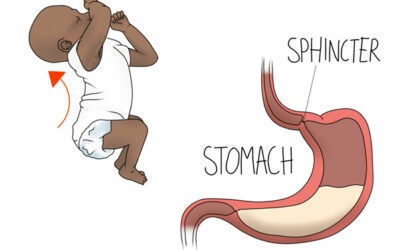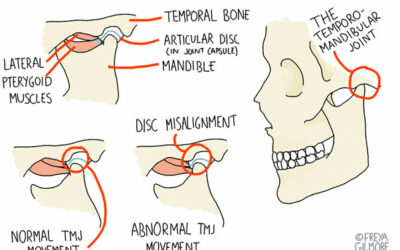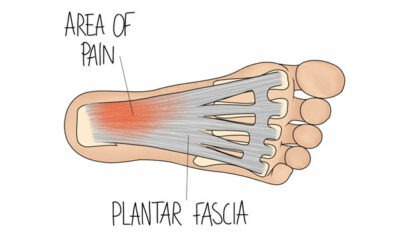 If you’ve ever been a patient of our leading osteopath Amittai Sevi, you’ll no doubt have heard him proclaim, “Vest is Best”! Here he tells us why.
If you’ve ever been a patient of our leading osteopath Amittai Sevi, you’ll no doubt have heard him proclaim, “Vest is Best”! Here he tells us why.
When it’s cold outside, it becomes much more difficult for our muscles to contract because of oxygen levels in our blood. This can lead to feelings of muscle stiffness or even spasms, and we can feel a lot more tense.
As we shiver in cool temperatures, our muscles contract. It’s a protective-defensive mechanism, effectively the body trying to make itself smaller to conserve energy.
When our muscles are contracted yet we try to go about our daily business – bending in the garden, lifting children and so on – this is when the majority of back injuries happen. Stretching contracted muscles is asking for trouble and can lead to muscle tears.
This means you are at greater risk of a back injury over the colder winter months. I always encourage my patients to wear a vest under their clothing – or for women body shaping underwear works just as well. Layering up and keeping warm can prevent the muscles from contracting quite so much around your nerve endings, and therefore reducing the risk of injury.
With a fair way to go until spring and warmer temperatures, I’d recommend you inVEST in a vest!



0 Comments